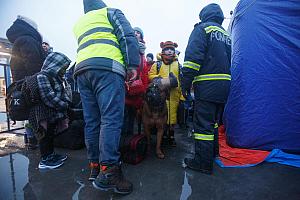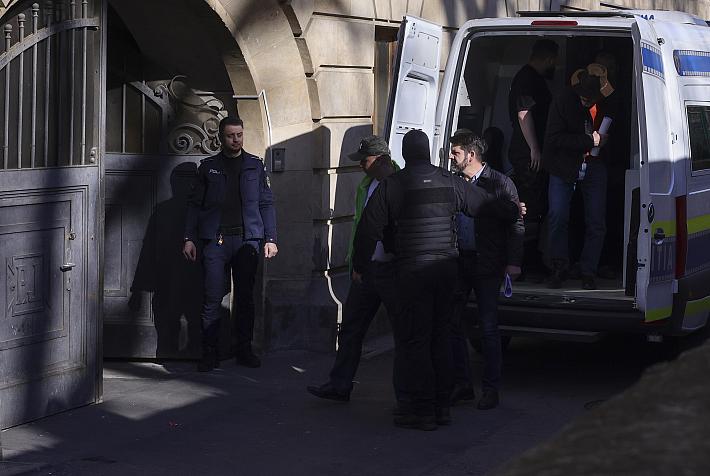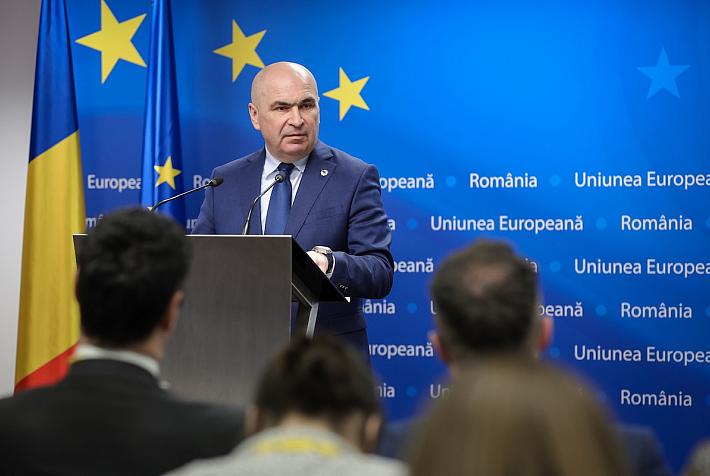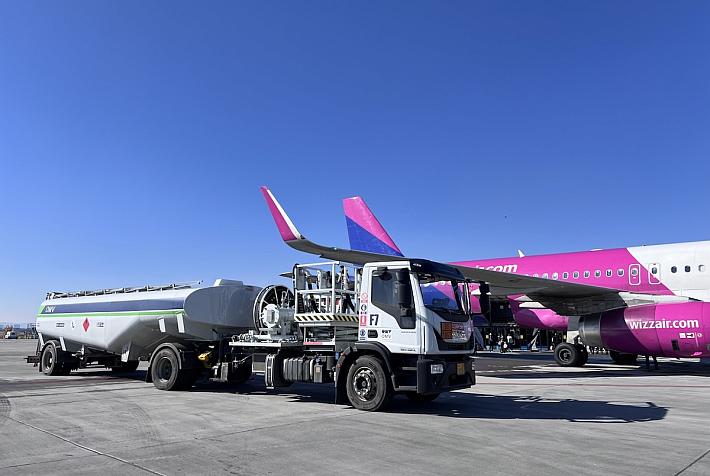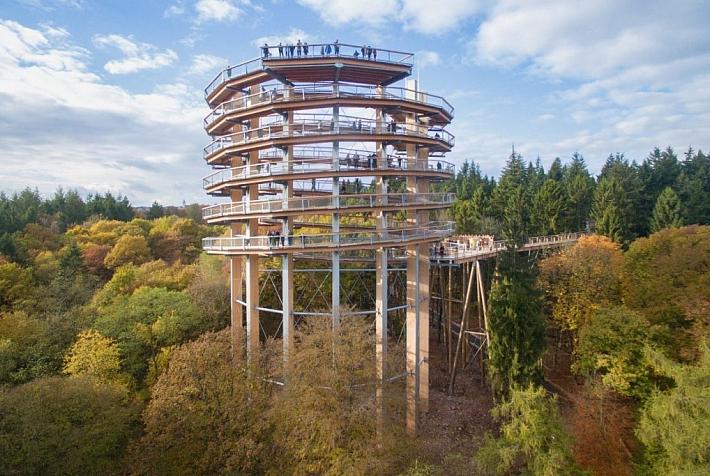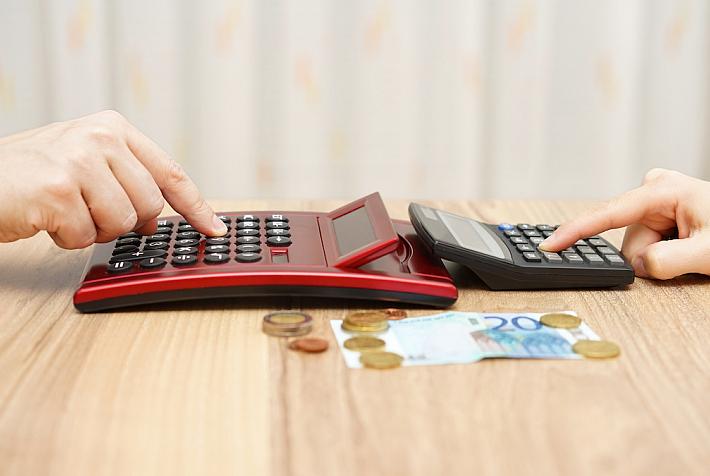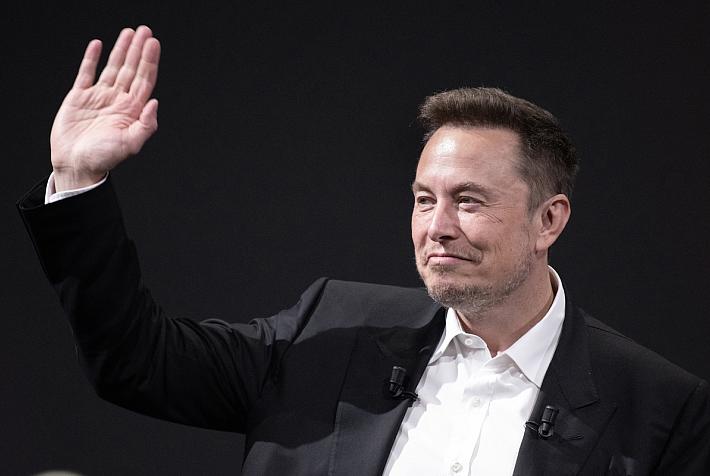Weekly overview in pictures: Bucharest ups capacity to accommodate Ukrainian refugees | Covid-19 restrictions lifted | U.S. VP Kamala Harris visits Romania
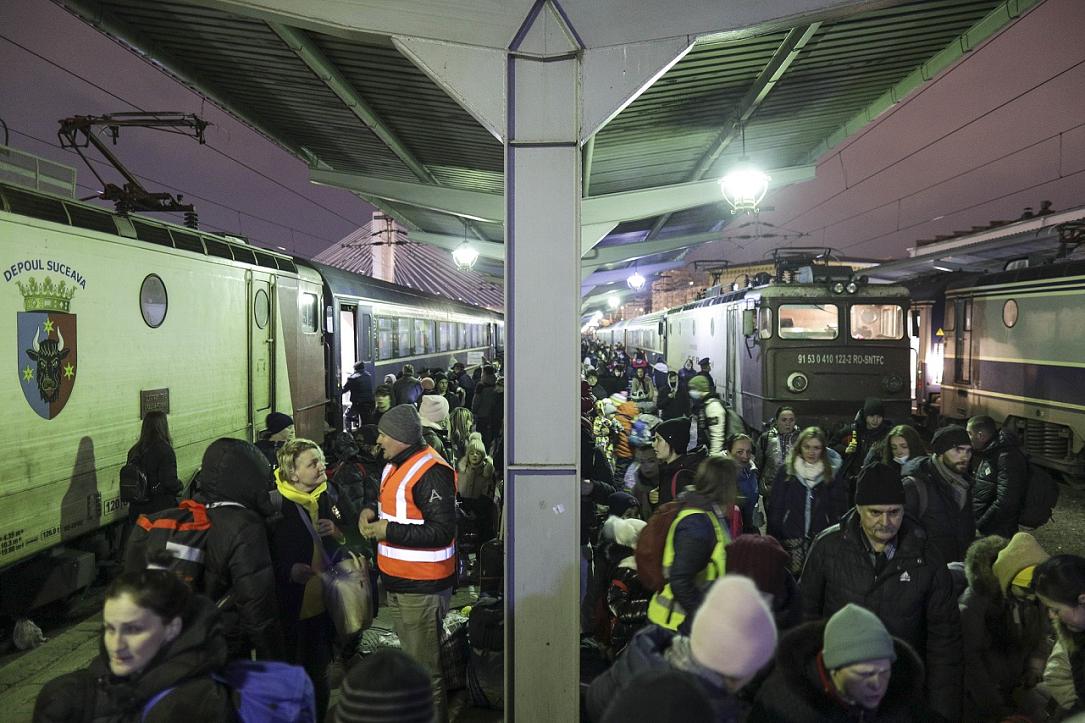
As the war in Ukraine raged on, more Ukrainian refugees arrived in the country and transited to other destinations in Europe. Bucharest’s largest train station, Gara de Nord, has turned into a main transit point for refugees, with both authorities and volunteers working there to support those fleeing the war. Bucharest has also prepared additional accommodation places for refugees in a reconverted pavilion of exhibition center Romexpo and held a large benefit concert for Ukraine, marking also the first large-scale event in the city since the Covid-19 restrictions were lifted.
Romania also received visits from top foreign officials this past week, from U.S. vice president Kamala Harris and Canadian foreign affairs minister Melanie Joly to Israel’s foreign affairs minister Yair Lapid and U.K. Chief of Defense Staff, Admiral Sir Tony Radakin. More of the March 6-March 13 week’s highlights in photos below.
After Bucharest decided to send RON 5 million (approximately EUR 1 million) in medicines and medical supplies to Ukraine, mayor Nicuşor Dan also announced an agreement to turn the central pavilion of the exhibition and convention center Romexpo, in the northern part of the city, into an accommodation center for Ukrainian refugees. The center, which can host 2,000 people, has already been set up and is meant as a backup to the 4,300 places available in the city to refugees. For the time being, it is closed until the other venues fill up.
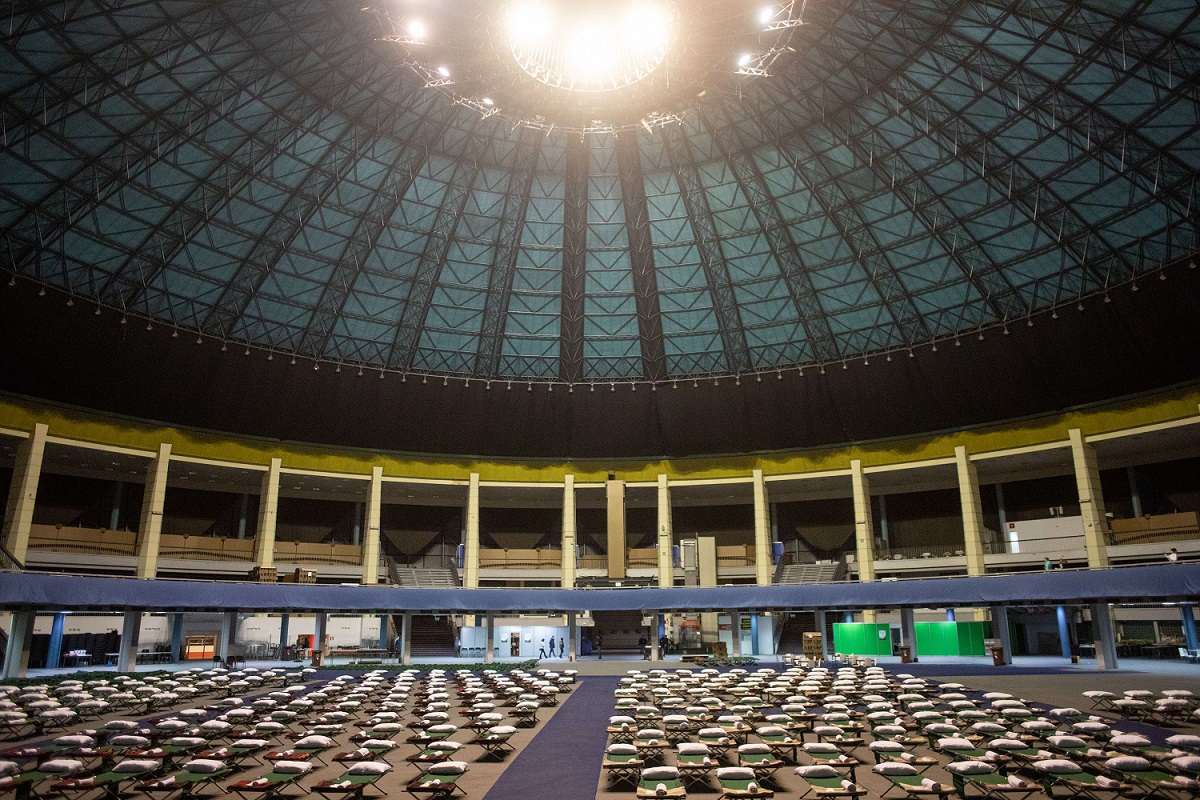
As Russia’s offensive in Ukraine carried on, more refugees from Romania’s northern neighbor poured into the country. Since the start of Russia’s invasion and by March 13, 412,017 Ukrainian citizens entered the country. By March 11, 304,156 had already left, according to data from the Romanian Border Police, as they only transit Romania on their way to other countries, mainly in western Europe.
Gara de Nord train station, Bucharest’s largest one, has turned into one of the main transit points for Ukrainians crossing the country. They arrive by train from northern Romania, and in Bucharest take the railway connection to Budapest. The state-owned railway operator CFR Călători offers free transportation to Ukrainians.
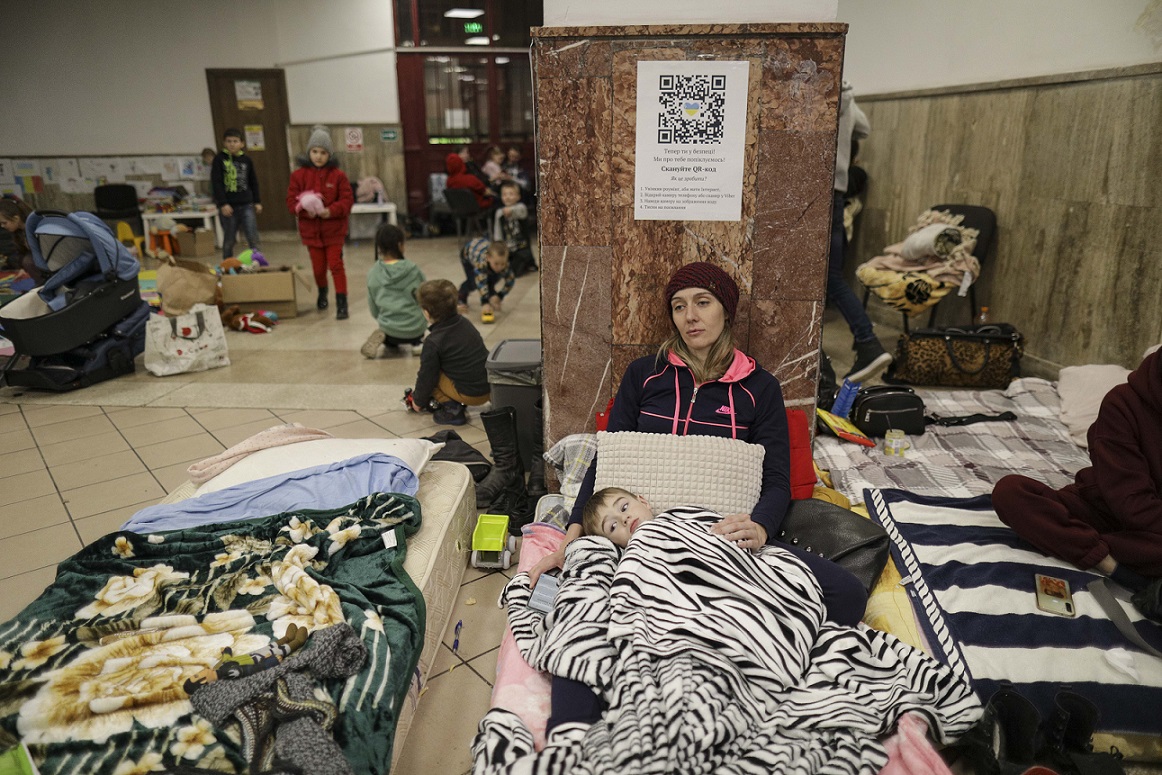
The Bucharest Inspectorate for Emergency Situations has set up a point for refugees in Gara de Nord to deal with the influx of people arriving from Ukraine. At several tents on site, the authorities offer temporary refuge and first aid, alongside volunteers offering support.
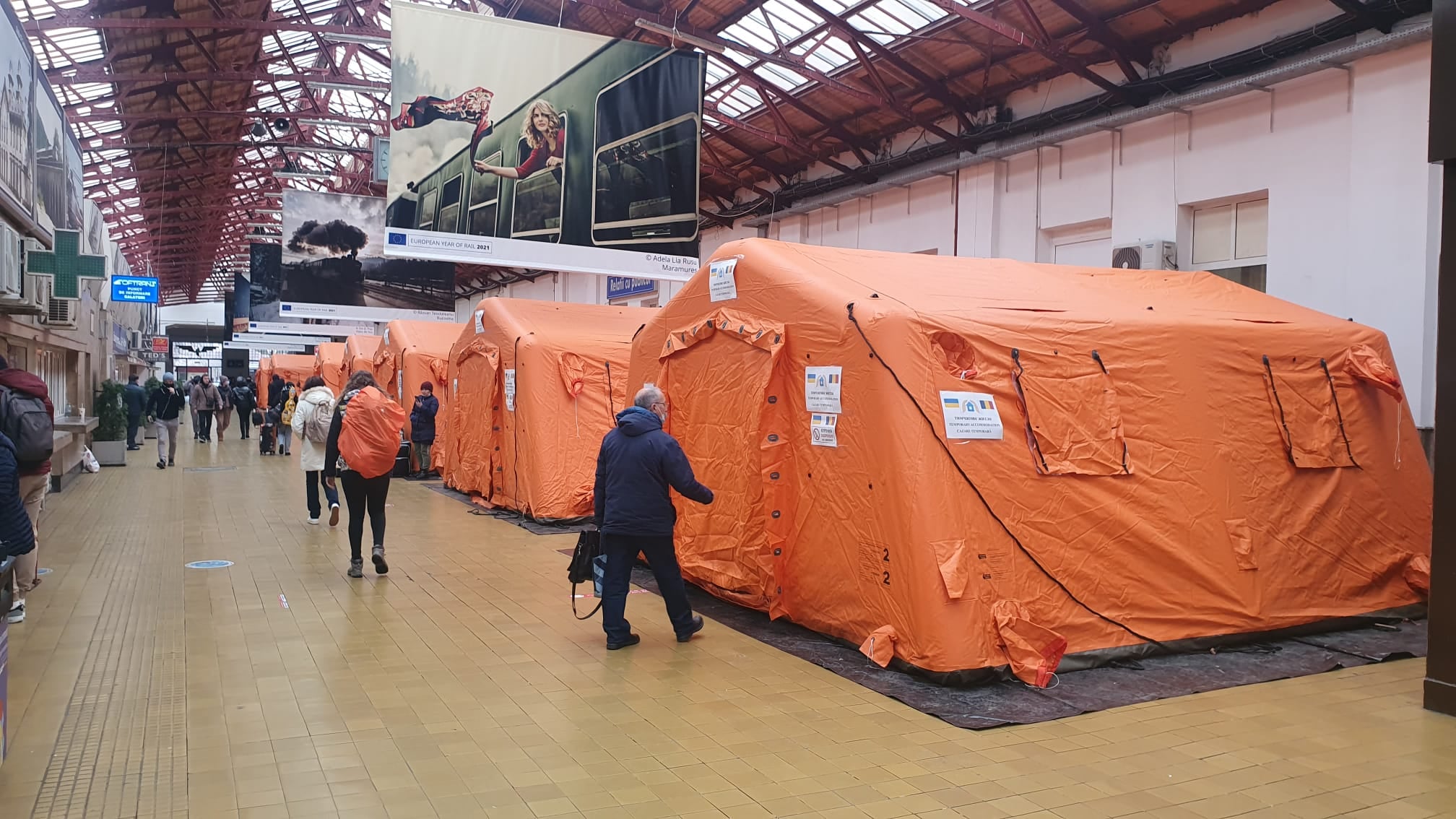
Meanwhile, NGO Save the Children Romania, together with Bucharest’s Social Assistance Department, set up at Gara de Nord a playground for children arriving from Ukraine.
Also in support of Ukraine, a benefit concert held at Bucharest’s National Arena this past weekend raised more than EUR 750,000. The proceeds from the show will go to the Romanian Red Cross, the organizers previously announced. The event saw a host of top local and international artists perform in the city, with Armin van Buuren and Tom Odell headlining the lineup.
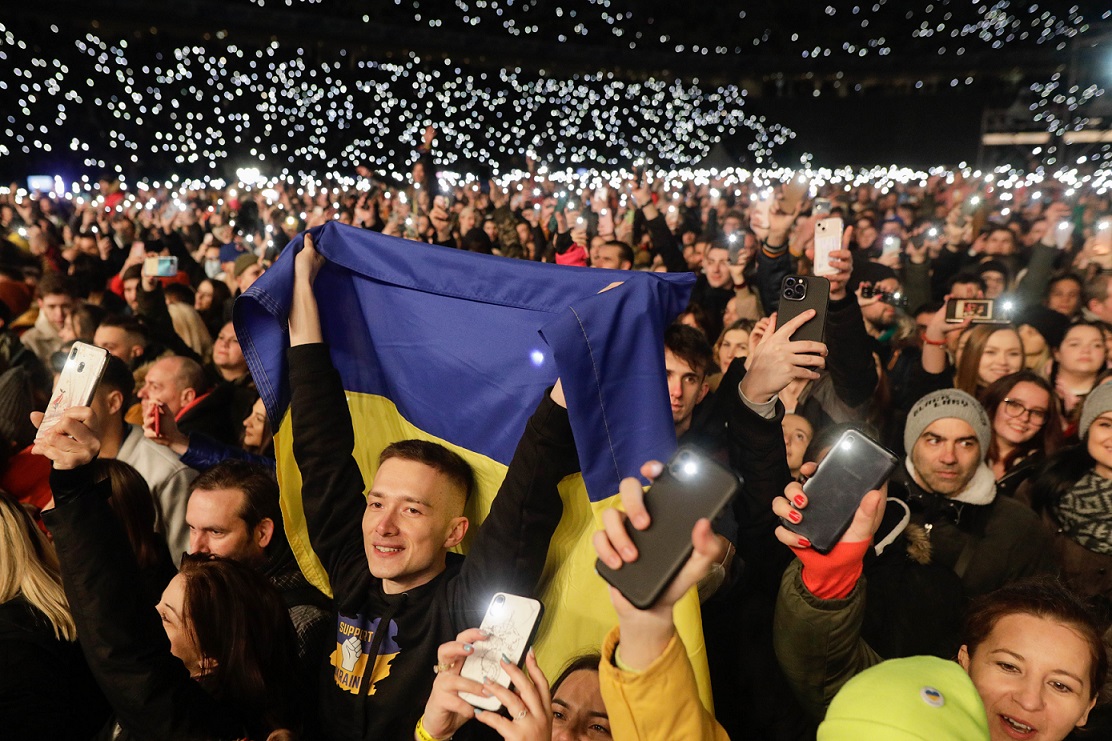
The concert, an initiative by SAGA Festival, ProTV, KissFM and Bucharest City Hall, marked the first large-scale event in the city since the lifting of the Covid-19 restrictions. The restrictions imposed in the country in the context of the Covid-19 pandemic were lifted starting March 9, meaning masks are no longer mandatory, and the Covid-19 pass is no longer needed to access restaurants or shopping malls. Still, health minister Alexandru Rafila stressed that the virus is still spreading through community transmission in Romania and recommended people keep wearing masks in closed spaces and avoid crowded areas.
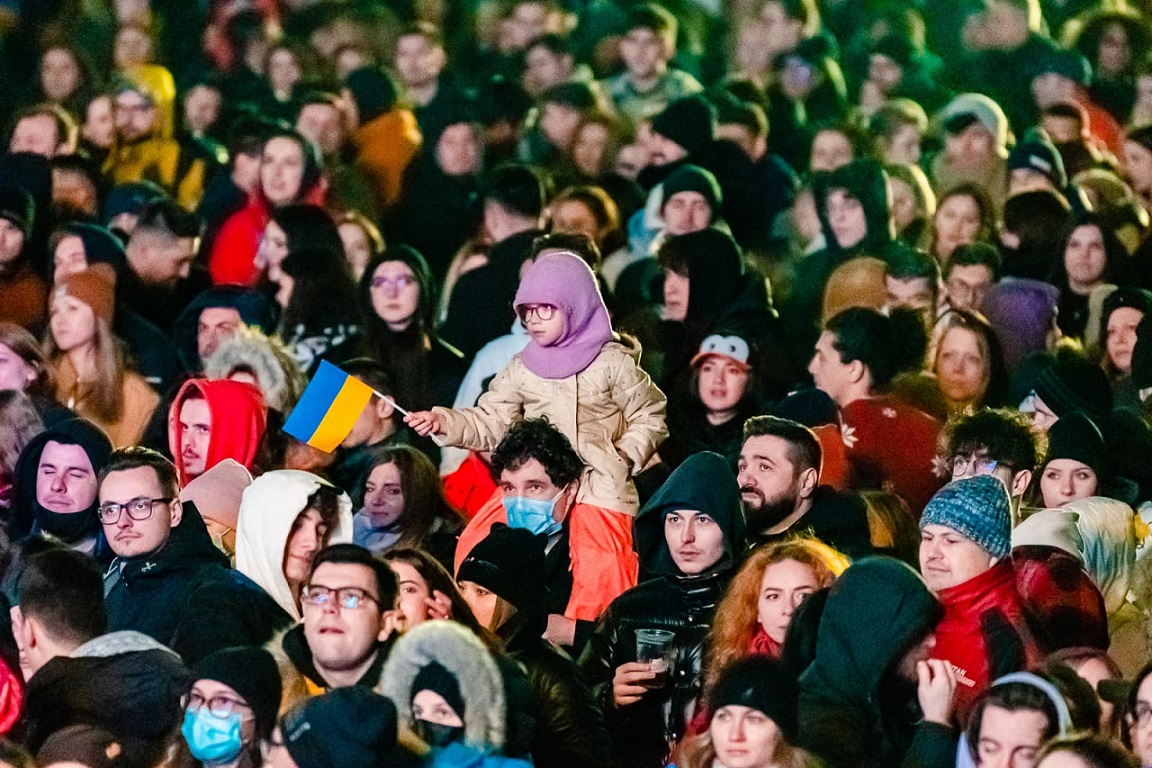
Fears of a rumored spike in the price of fuel or of food shortages against the background of the war in Ukraine manifested themselves as people queued at gas stations around the country or emptied the sunflower oil stocks of stores. Economy minister Virgil Popescu said that Romania is not currently facing any fuel shortages and there’s no reason for prices to spike in the short term, while the Agriculture Ministry explained the country produces enough sunflower every year to cover ten times the need for domestic consumption.
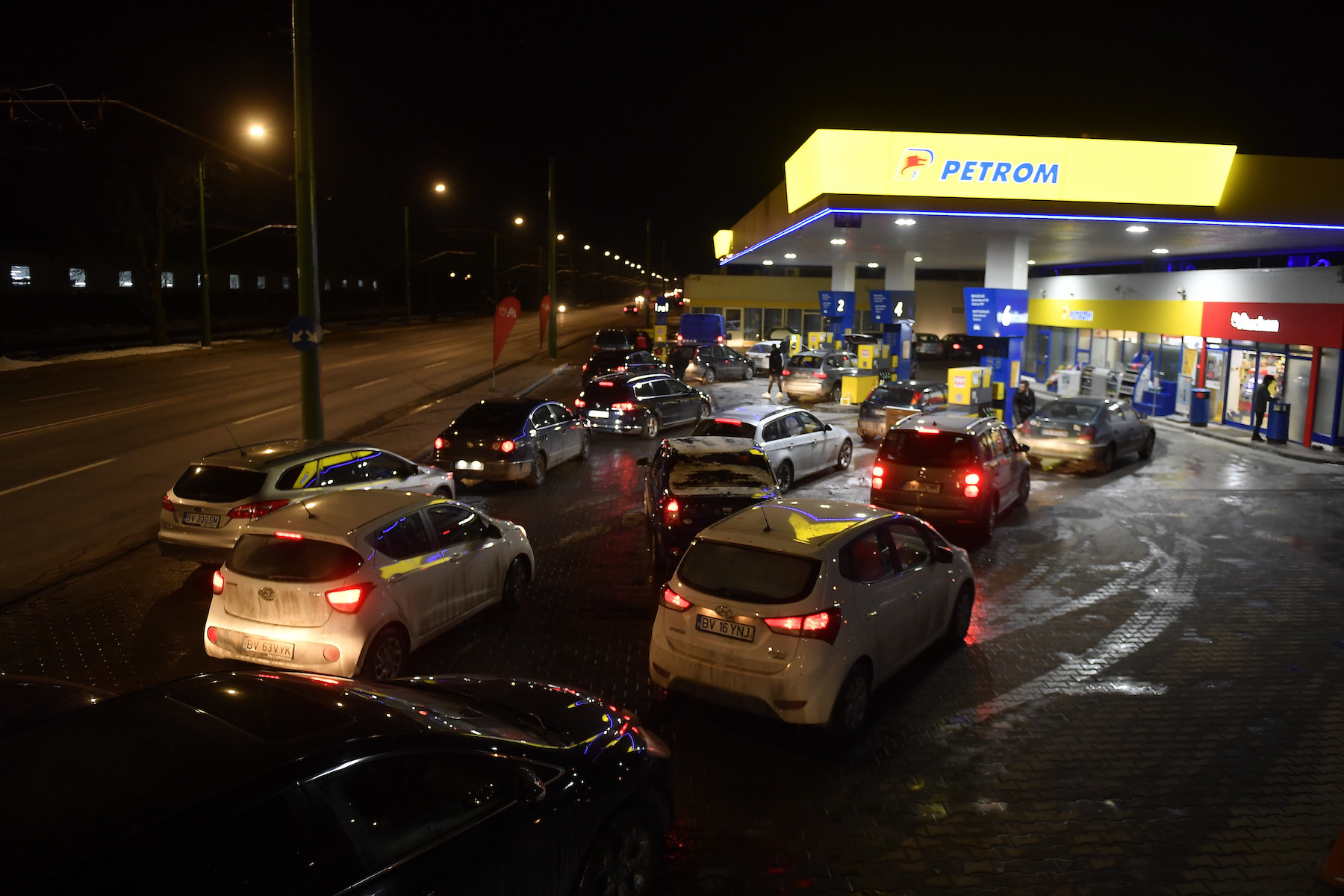
Romania saw last week visits from top foreign officials, as the war in Ukraine keeps countries in the region and NATO allies on alert. Canadian foreign affairs minister Melanie Joly was in Bucharest on March 7, and announced Canada would resume the air policing activity in Romania in July. Israel’s foreign affairs minister Yair Lapid was in the country on March 13 and also visited the Siret border crossing point, the main entry gate into Romania for Ukrainian refugees. More than 6,000 Ukrainian Jews have arrived in Israel since the start of the war, according to Digi24, and a total of 15,000 people are expected to reach Israel by the end of March.
On Friday, March 11, U.S. vice president Kamala Harris was in Bucharest, as part of a European visit that started in Poland. Harris, who met with president Klaus Iohannis, reaffirmed the United States’ commitment to NATO’s Article 5, according to which an attack against one ally is considered an attack against all.
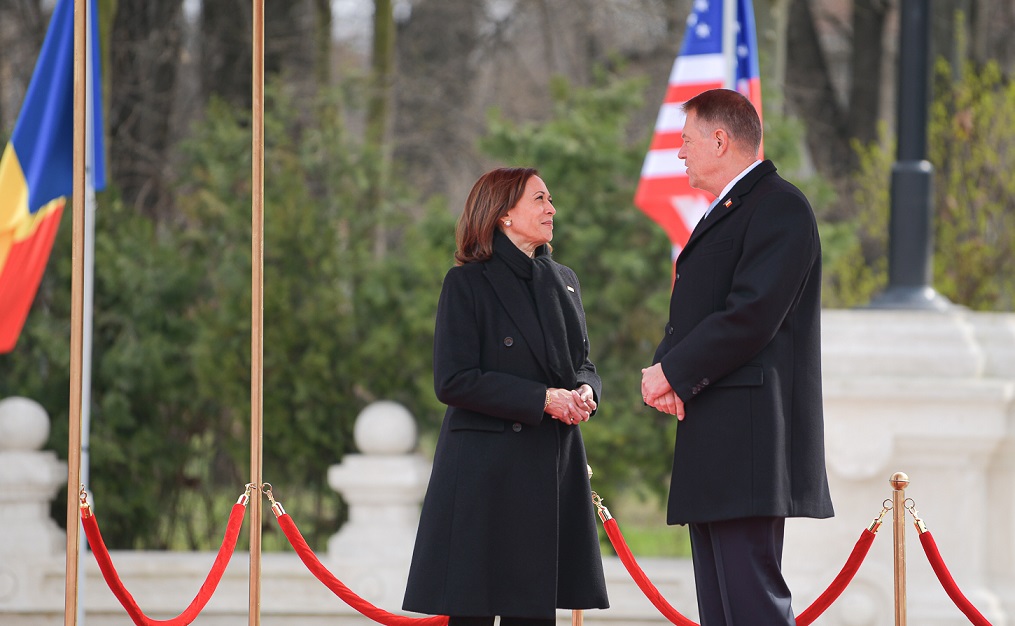
The same day, Admiral Sir Tony Radakin, the U.K. Chief of Defense Staff, visited Bucharest, where he met with his Romanian counterpart, General Daniel Petrescu. Starting April, the U.K. air force will carry out air patrolling missions in Romania, he explained.
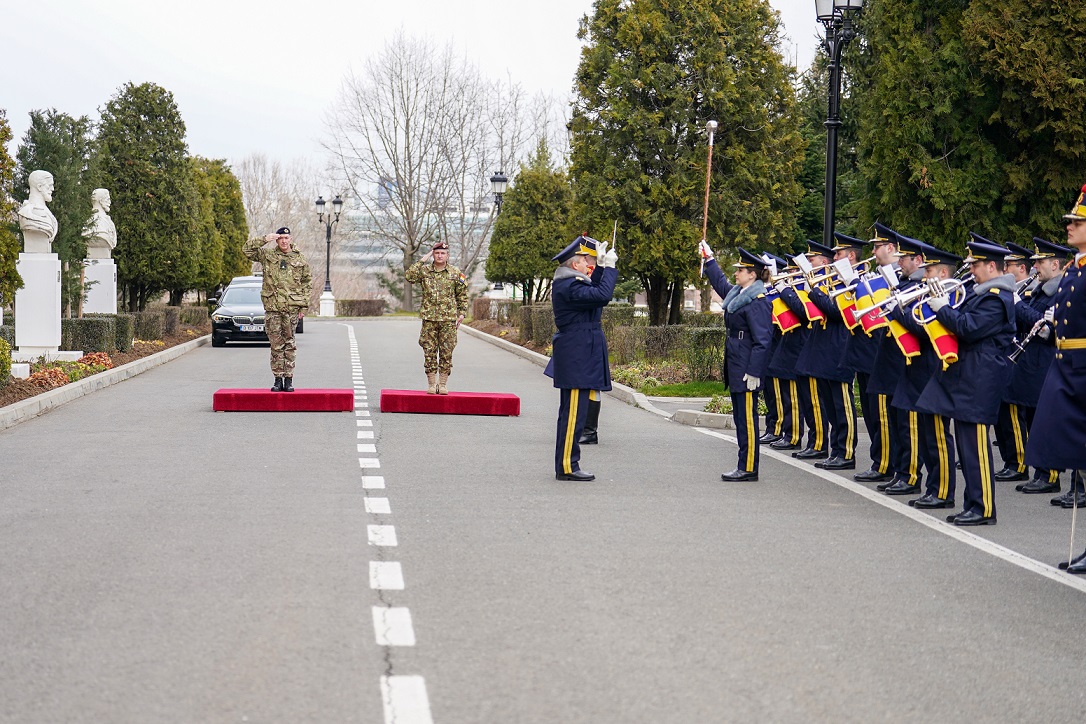
(Opening photo: Octav Ganea/ Inquam Photos)
simona@romania-insider.com







